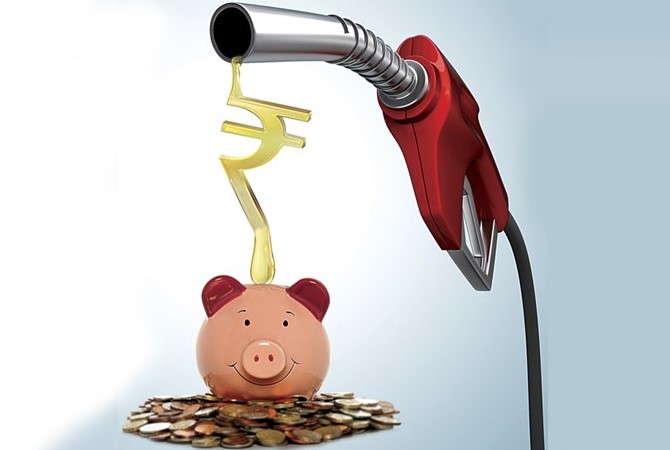The future of fuel is a topic that has garnered much attention in recent years. With the negative impact of fossil fuels on the environment and the increasing demand for sustainable energy sources, the need for innovation in vehicle fuel efficiency has become more urgent than ever before.
In this article, we will explore some of the latest advancements in fuel efficiency technologies and their potential to shape the future of transportation.
Electric Vehicles
One of the most promising solutions for reducing our reliance on fossil fuels is the use of electric vehicles. These vehicles run on electricity stored in rechargeable batteries, eliminating the need for gasoline or diesel.
In recent years, there has been a significant increase in the popularity and availability of electric vehicles. With advancements in battery technology, these vehicles are now able to travel longer distances on a single charge and can be charged more quickly than ever before.
Furthermore, the production of electric vehicles has become more sustainable as companies switch to using renewable energy sources for their manufacturing processes. This not only reduces emissions but also makes the entire life cycle of an electric vehicle much greener.
Hybrid Vehicles
Hybrid vehicles combine traditional gasoline engines with electric motors to achieve better fuel efficiency. These vehicles utilize regenerative braking, which captures energy from the brakes and stores it in the battery for later use.
In recent years, hybrid technology has advanced significantly, resulting in higher fuel efficiency and longer battery life. Some hybrid vehicles are now able to travel solely on electric power for short distances, further reducing their reliance on gasoline.
Alternative Fuel Sources
In addition to electric and hybrid vehicles, there has been a rise in the use of alternative fuel sources for transportation. These include biofuels, hydrogen fuel cells, and compressed natural gas (CNG).
Biofuels are created from renewable resources such as corn or sugarcane and can be used as a substitute for traditional gasoline. Hydrogen fuel cells use a chemical reaction to produce electricity, and the only byproduct is water vapor. CNG is another clean-burning alternative to gasoline and can be used in vehicles with modified engines.
Autonomous Vehicles
Another trend in the transportation industry that has the potential to reduce fuel consumption is autonomous vehicles. These self-driving cars use advanced sensors and algorithms to navigate roads without human input.
One of the main benefits of autonomous vehicles is their ability to optimize fuel efficiency. With precise control over acceleration and braking, these vehicles can minimize energy waste, ultimately reducing the amount of fuel needed for travel.
Conclusion
The future of fuel is looking brighter with the continuous advancements in vehicle fuel efficiency. With the rise of electric and hybrid vehicles, alternative fuel sources, and autonomous technology, we are moving towards a greener and more sustainable future for transportation.
However, it’s not just about technological innovations. The key to reducing our reliance on fossil fuels lies in making conscious choices as consumers and supporting companies that prioritize sustainability and environmental responsibility. Together, we can drive towards a cleaner, more efficient future for fuel and transportation. So while we may not know exactly what the future holds, one thing is certain: it will be fueled by innovation. So let’s continue to support and embrace these advancements in vehicle fuel efficiency as we move towards a greener tomorrow. Keep your eyes on the road, and the future of fuel. The journey ahead is an exciting one!
To read more articles visit XYZ Webtoons , Go News time, Etho Zen, Zara Nook, Top Info USA


